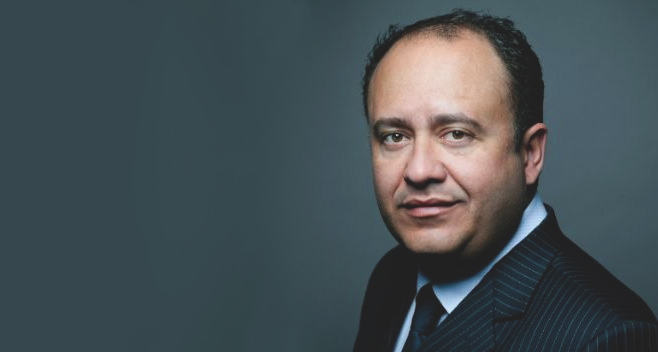Piauhy Labs, a company producing personalised medicine at the crossroad of biotechnology, neuroscience and medical cannabis, is opening a new research facility at Biocant Park in Cantanhede, Portugal.
Piauhy Labs received its pre-license from Infarmed, the Portuguese pharmaceutical regulatory agency, in 2020, and has since submitted a request for an R&D licence for controlled substances, which will pave the way for pharmaceutical developments at its new research centre in Biocant Park.
The company is aiming to conduct research into cannabis to develop effective treatments for different conditions through identifying potential therapeutic compounds extracted from the plant. The company will be using gas chromatography and high-performance liquid chromatography equipment to achieve this aim, and will study the efficacy of the compounds for the treatment of diseases such as autism, epilepsy, Alzheimer’s disease.
“Some of the research protocols that we have deal with the plant – growing and extracting oils, and the other half of our research protocols that we have, they don’t have anything to do with the plant, per se. We are a medical cannabis company in the sense that we’re targeting the endocannabinoid system, and, by targeting or by manipulating we can address certain diseases,” says CEO Eduardo Sampaio. “So, we are targeting the endocannabinoid system by using the plant and its derivatives, with other techniques.”
The company’s research could reveal the therapeutic potential of many of the cannabinoids in the plant – however, as some are only present in very low amounts, it can be difficult to extract them at scale.
To tackle this, Piauhy Labs will be using sugar cane. It will introduce the cannabinoid genes into the genome of cells to produce them from primary sugars. The company says this process will be conducted on a large scale, resulting in the production of materials that can be processed into purified cannabinoids and used for therapeutic purposes.
“One of the research protocols that we have, which we have labeled as the biosynthesis R&D protocol, in this context means that we are going to take a certain micro organism, such as a bacteria, and manipulate the DNA of that microorganism. If we do this, we are going to instruct the DNA of that microorganism to start producing cannabinoids.
“There are three major advantages to this. Firstly: speed, as cannabis plants in general take about 14 weeks to grow through to harvest – the fermenting process can take about two to three days. Two, we are going to be able to increase our production capacity in a very fast way – we are not talking about building a building for indoor cultivation, or harvesting and building greenhouses, we are talking about bio reactors and fermentation tanks, so it is a very easy process to scale up or down.
“And the thirdly, and most importantly, it is because one of our deepest beliefs is that there is going to be a growing need, and understanding, of the role of minor cannabinoids in treating certain diseases. This is a very deep belief that we have in our company that in the not so far future, a lot of diseases will be treated by a combination of cannabinoids, and they may have, or may not have, THC and CBD.
“We are pursuing this investigation protocol because we want to have the ability to produce minor cannabinoids in a better, more efficient manner than the plant.
“We have chosen to focus on diseases which are derived from the central nervous system, such as the four major neurodegenerative diseases – so, our focus as a company is to know what diseases from the central nervous system can be treated by medical cannabis.”
Sampaio says its new research lab could lead to establishing partnerships with biotech companies for research relating to the study of monoclonal antibodies for the treatment of Alzheimer’s Disease.
“Monoclonal antibodies are something that have become a bit more popular after COVID-19 because some of the vaccines developed for COVID are based on that. In this context, we are talking about the development of a certain protein. So, we are manufacturing proteins with a certain ability to aid the treatment of a certain disease. We produce a protein that will connect to the CB2 receptor, and by doing this we estimate that we can control inflammatory responses of the CB2 system.
“The interest in this area arises from advanced studies which suggest that unregulated inflammatory cascades may be involved in the origin and development of the disease, as well as conclusive studies that show that CB2, a receptor of the endocannabinoid system, plays a significant role in the modulation of inflammatory cascades.
“I think is the first time someone is trying to do this,” concluded Sampaio.

[activecampaign form=31]





















